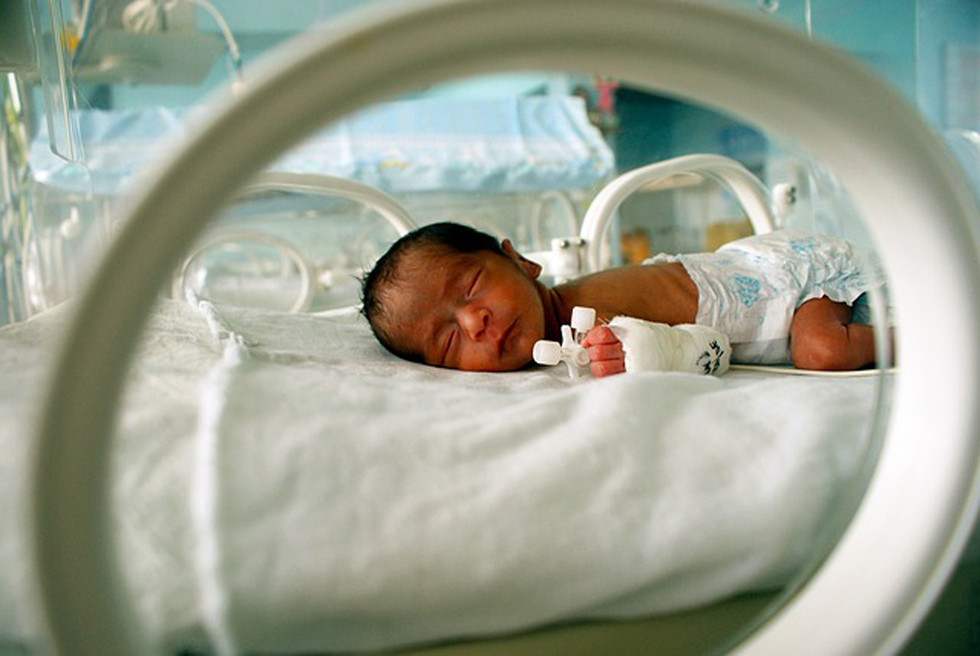- La Feria Community Holds Succesful Business Mixer Event
- Little Nashville to Take Place in Downtown Mercedes
- Lions Basketball Captures District Gold
- La Feria ISD Students Compete in Regional Chess Tournament
- Lions End First Half of 32-4A on a High Note
- La Feria ISD Held Another Successful Parent Conference
- Strong Appearance for Lions at Hidalgo Power Meet
- LFECHS Students Get to Meet Local Actress
- Students Participate in Marine Biology Camp
- Two LFECHS Students Qualify for All-State Band
Maternity deserts: pregnant and nowhere to go
- Updated: October 15, 2020
By ROZ BROWN
Texas News Service

AUSTIN, Texas — When it comes to maternity care, many women are on their own during and after pregnancy due to increasing swaths of the country becoming areas with limited or no access to obstetrics care.
Maternity-care deserts are much like food deserts; in this case counties with limited access, either through lack of services or barriers to a woman’s ability to access that care.
According to March of Dimes President Stacey Stewart, Texas women and babies, especially those of color, are very vulnerable and have become more so due to the pandemic.
“Texas is really struggling,” Stewart commented. “About 70% of all the counties in Texas are either considered a maternity-care desert or have very limited access to care.”
Stewart said unprecedented financial declines reported by maternity-care centers due to COVID-19 are likely to make the problem worse without intervention from policymakers at all levels.
She noted without access to routine, quality health care, moms and babies have an increased chance of maternal and infant mortality and morbidity, including low birth weight and preterm birth.
March of Dimes data show more than two million American women of childbearing age live in counties without access to maternity care. Stewart said in addition to Texas, Midwest and southern states report the vast majority of maternity-care deserts.
“Obviously those are a lot of rural areas,” she explained. “And we know that there again have been a lot of hospital closures, there are a lot of gaps in terms of the availability of care.”
March of Dimes has launched a campaign called BlanketChange, demanding equity, access and prevention to improve the health of moms and babies across the U.S.


